Dhaka, June 18 (V7N) — The Government of Bangladesh has promulgated the “July Uprising Martyrs’ Families and July Fighters’ Welfare and Rehabilitation Ordinance, 2025,” to provide structured support for those who sacrificed or suffered during the historic July uprising. The official gazette was issued late Tuesday night, outlining both the benefits and penalties associated with the misuse of such state-sponsored welfare provisions.
Ordinance includes penalties of up to two years in prison and fines for fraudulent benefit claims; aims to support victims and families of the historic uprising.
According to the ordinance, individuals found guilty of fraudulently claiming benefits intended for the families of martyrs or injured participants of the July uprising may face up to two years of imprisonment, a fine of Tk 200,000, or a financial penalty equivalent to double the amount received through deception.
The draft ordinance was initially approved by the Advisory Council on May 15, and its enactment marks a significant legislative step toward recognizing and protecting the legitimate rights of those affected by the uprising.
Fraudulent Claims Criminalized
Clause 15 of the ordinance clearly defines the offense:
“If any person, who is neither a member of a martyr's family from the July Uprising nor an injured July fighter, knowingly and with intent, provides false or distorted information, conceals relevant facts, or submits misleading documents to claim medical assistance, financial aid, or rehabilitation support under this ordinance, it will be deemed a punishable offense. In such cases, the individual may face up to two years of imprisonment, a Tk 200,000 fine, or a financial penalty equivalent to double the aid received.”
The government’s move is seen as a dual-purpose action — both to formalize recognition for genuine victims of the July uprising and to deter exploitation of the system through fraudulent claims.
A Step Toward Institutionalizing Sacrifice
Analysts suggest that this ordinance institutionalizes the legacy of the July uprising, which has long held symbolic significance in Bangladesh’s political and historical narrative. It also sets a legal precedent for handling state-sponsored victim support programs in a more transparent and accountable manner.
Legal experts believe this could pave the way for similar measures in future efforts to recognize contributions made during periods of political and civil struggle.
END/AJ/RH/



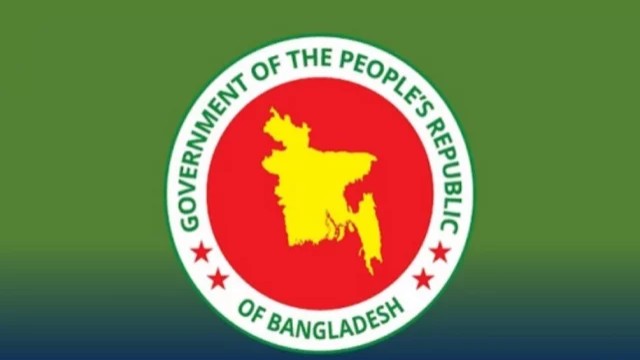
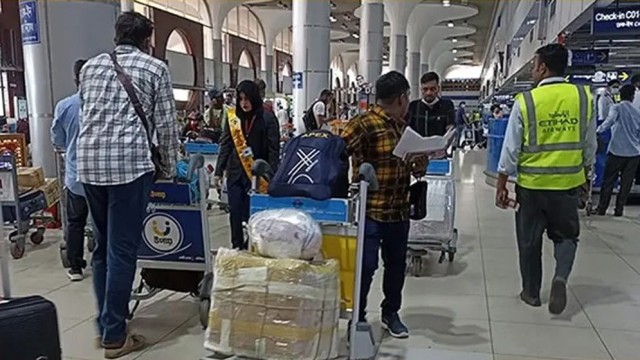
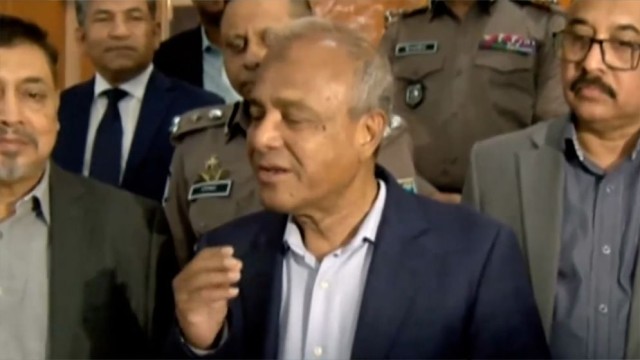
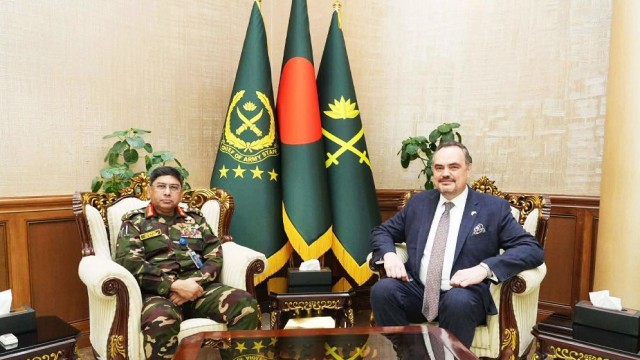
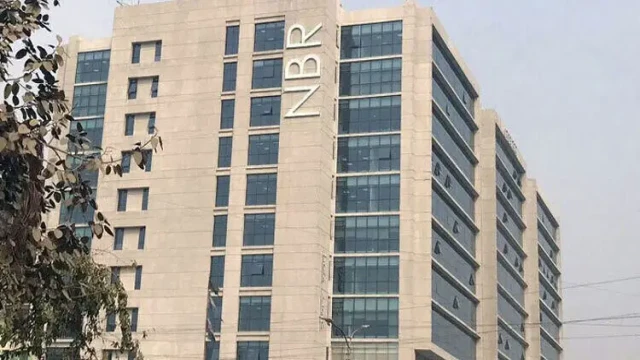
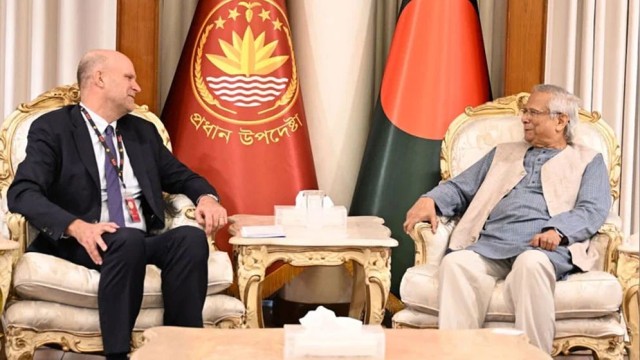
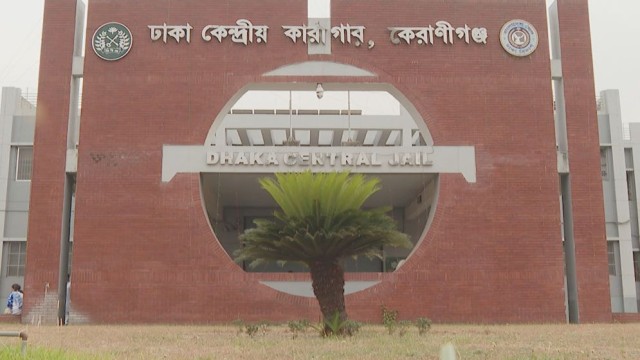

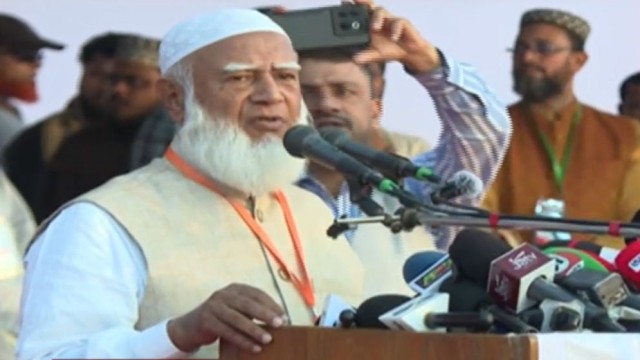
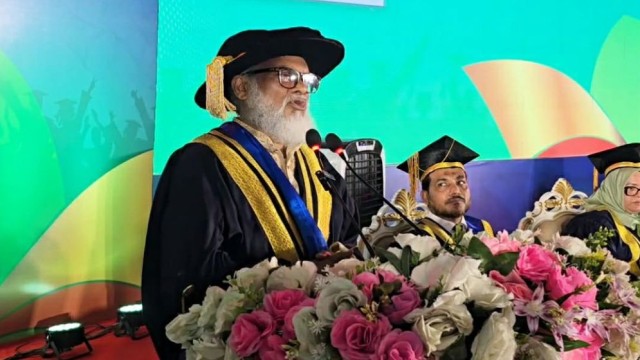
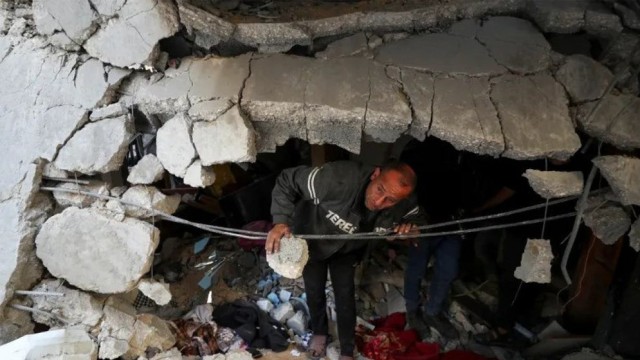
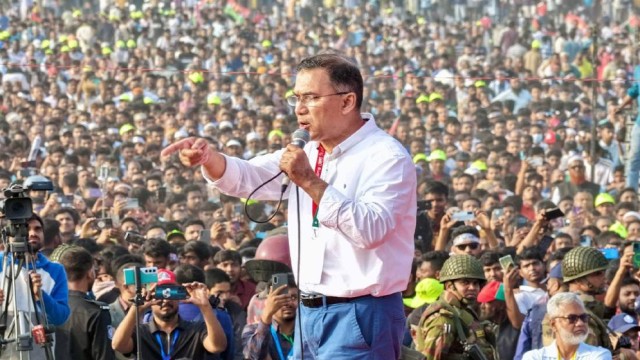
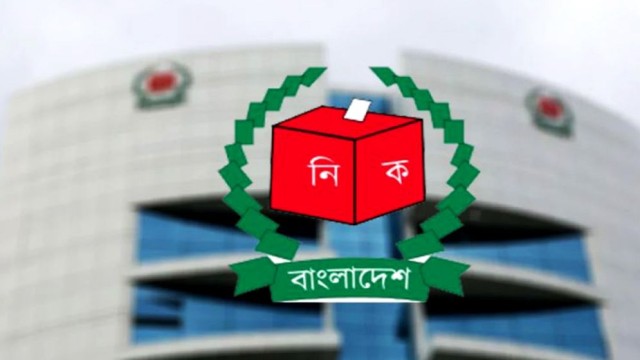
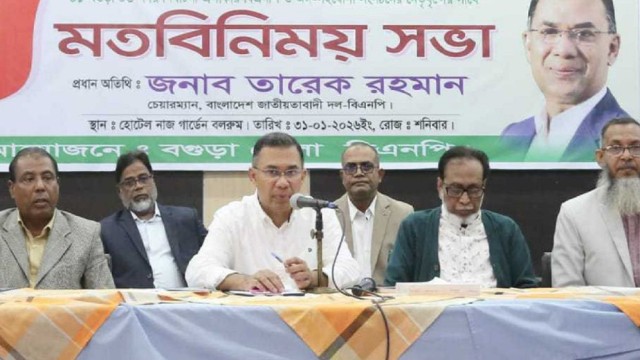
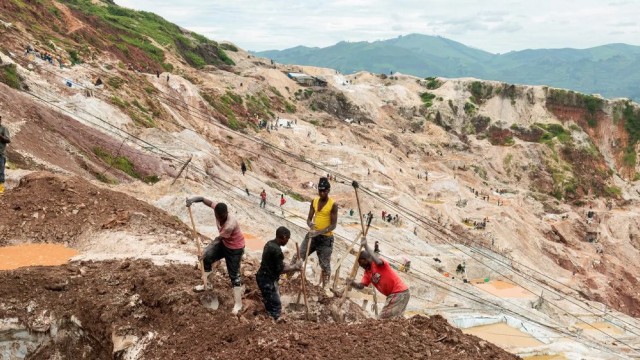
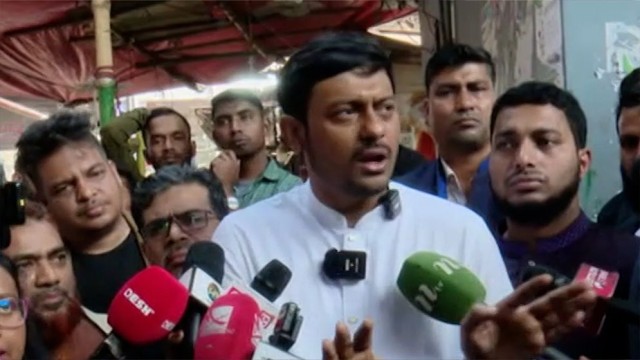
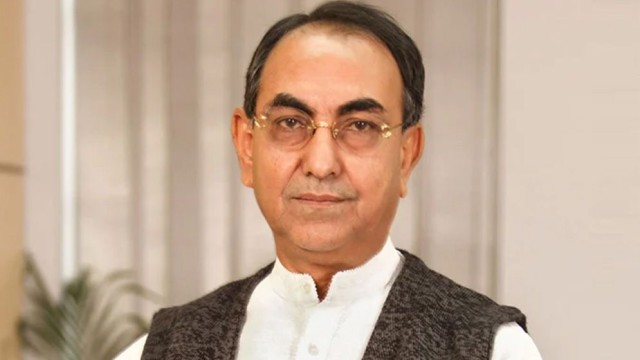



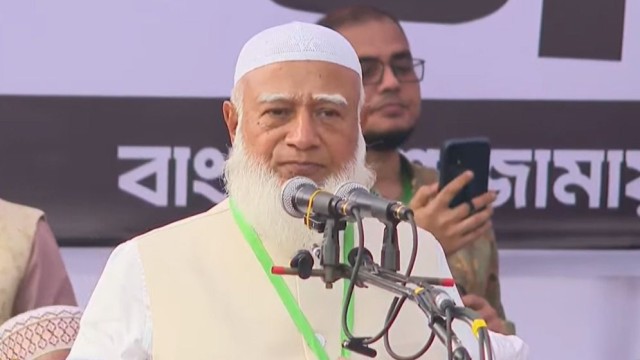

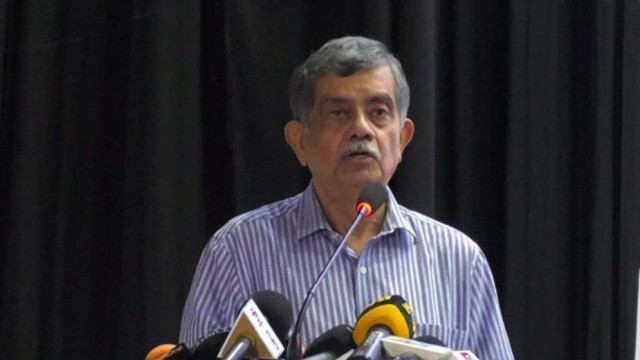
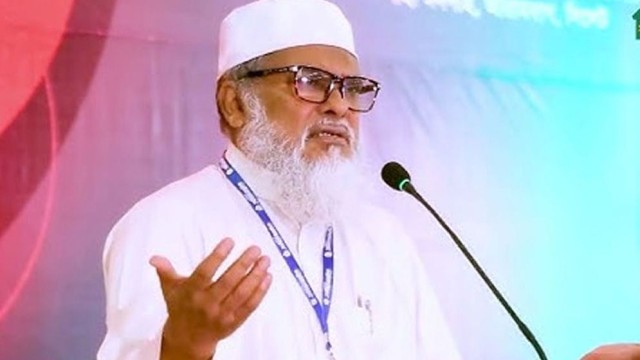
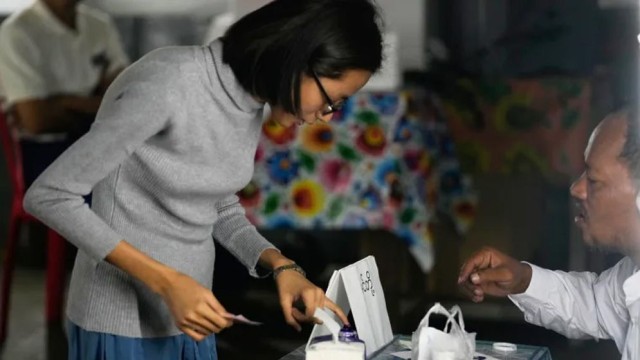

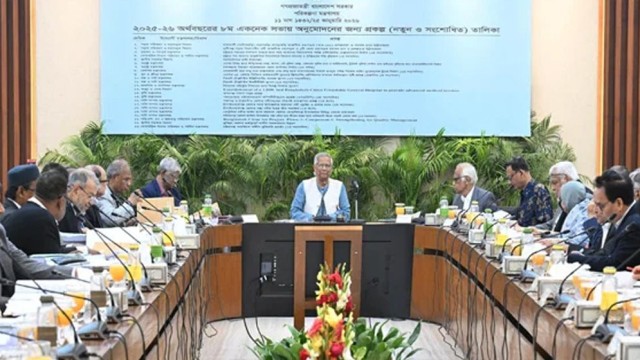
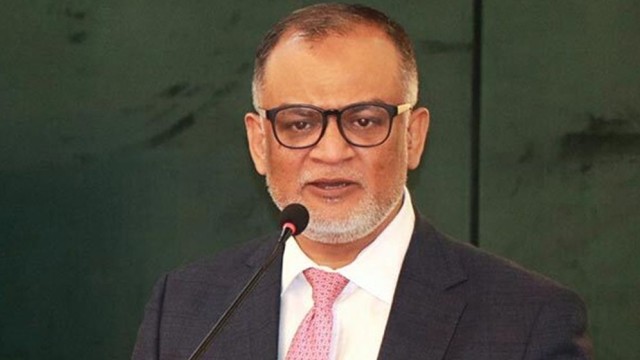
Comment: